What U.S. students miss by not learning Latin
Recent reports have suggested that reintroducing the so-called “dead” languages of Latin and Greek may actually boost scores in reading, math, and science. So why does learning Latin seem to give students an advantage in life? Latin educators and authors Harvey and Laurie Bluedorn suggest seven possible reasons in their book Teaching the Trivium: 1. Latin is basic to English 2. Latin is a springboard for mastering other inflected languages, such as Greek or German 3. The study of Latin sharpens the mental process 4. Everything in a culture is embedded in its language 5. Technical language is Latin 6. Latin…

